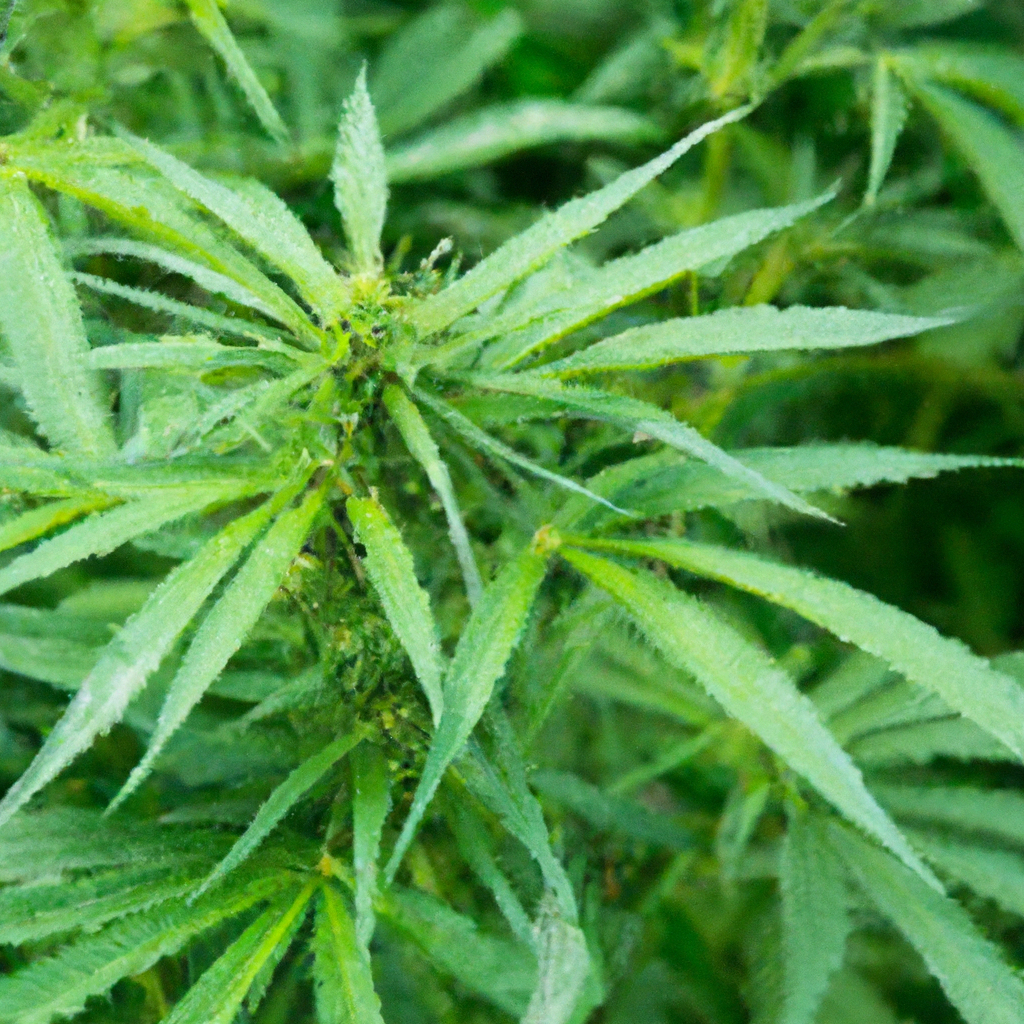Welcome to another insightful post from John “Magic” Greenleaf. Today, we’re diving into water efficiency in cannabis cultivation—a crucial aspect of sustainable growing that can’t be overlooked. As a seasoned cultivator in the high-altitude terrains of Colorado, I’ve learned that mastering water management is key to high-yield and resilient cannabis plants.
The Importance of Water Efficiency
Water efficiency isn’t just about conservation; it’s about optimizing plant health and maximizing yield. By employing efficient water use strategies, growers can significantly reduce waste while enhancing the quality and potency of their plants. Here are some pivotal insights into achieving this balance:
Drip Irrigation Systems: A Game Changer
Utilizing drip irrigation systems is one of the most effective ways to enhance water efficiency in cannabis cultivation.
- Precision Delivery: This system delivers water directly to the plant’s root zone, minimizing evaporation and runoff.
- Conservation: By using targeted irrigation, growers can reduce water usage by up to 40% compared to traditional methods.
- Customization: Drip systems can be tailored to the specific needs of different strains and growth stages, ensuring optimal hydration levels.
Soil Choice: The Role of Organic Matter
Choosing the right soil can make a huge difference in how water is retained and utilized by plants.
- Moisture Retention: Organic soils with components such as compost and peat moss enhance moisture retention, allowing the plants to access water for a longer duration between irrigation cycles.
- Nutrient Efficiency: These soils often contain rich nutrients that further reduce the need for additional fertilization, conserving both water and resources.
Real-World Example: John’s Colorado Cultivation
Living in Colorado, I’ve been able to apply these water efficiency techniques to my own grow operations. For instance, by integrating a high-efficiency drip irrigation system with organic soil, I’ve managed to save over 10,000 gallons of water annually. This approach not only reduces resource consumption but also supports the steady growth of robust, healthy plants that thrive despite Colorado’s arid climate.
Conclusion: The Path Ahead for Sustainable Cannabis Cultivation
Incorporating water efficiency practices into your cannabis cultivation not only supports environmental sustainability but also enhances the health and yield of your plants. As we continue to innovate and adapt to changing climatic conditions, these sustainable practices will remain pivotal in leading the industry towards a greener future. Remember, “Healthy roots, healthy buds, happy harvests.” Let’s grow greatness, one strain at a time.
For more insights and sustainable growing tips, visit MagicGreenGrow.com.
Tags: Water Efficiency, Sustainable Cultivation, Environmental Control


Leave a Reply